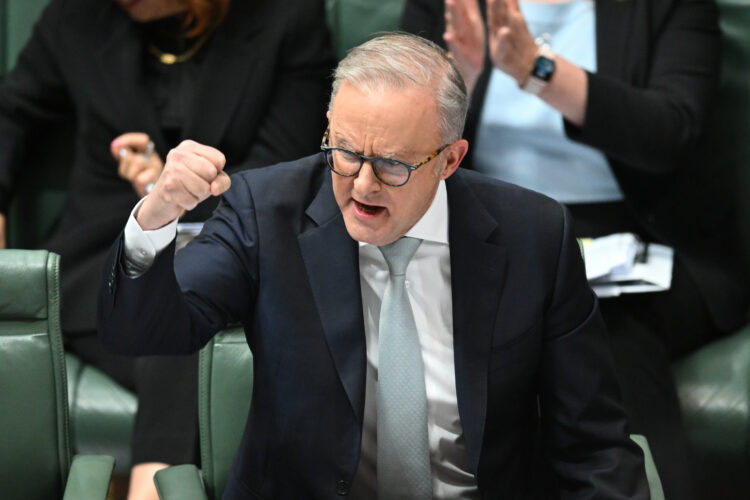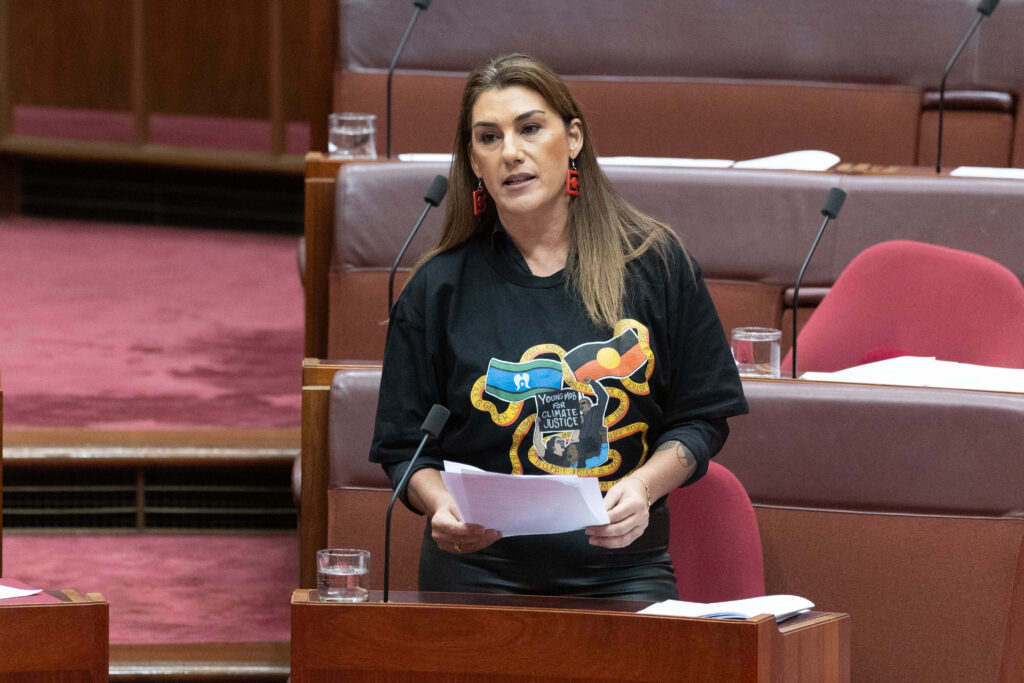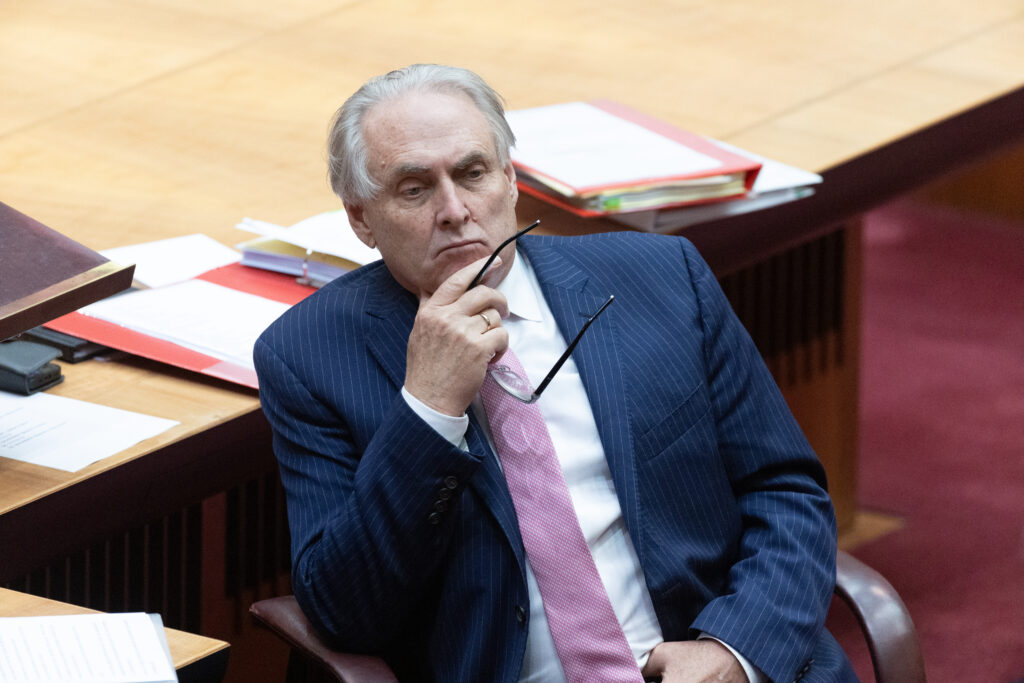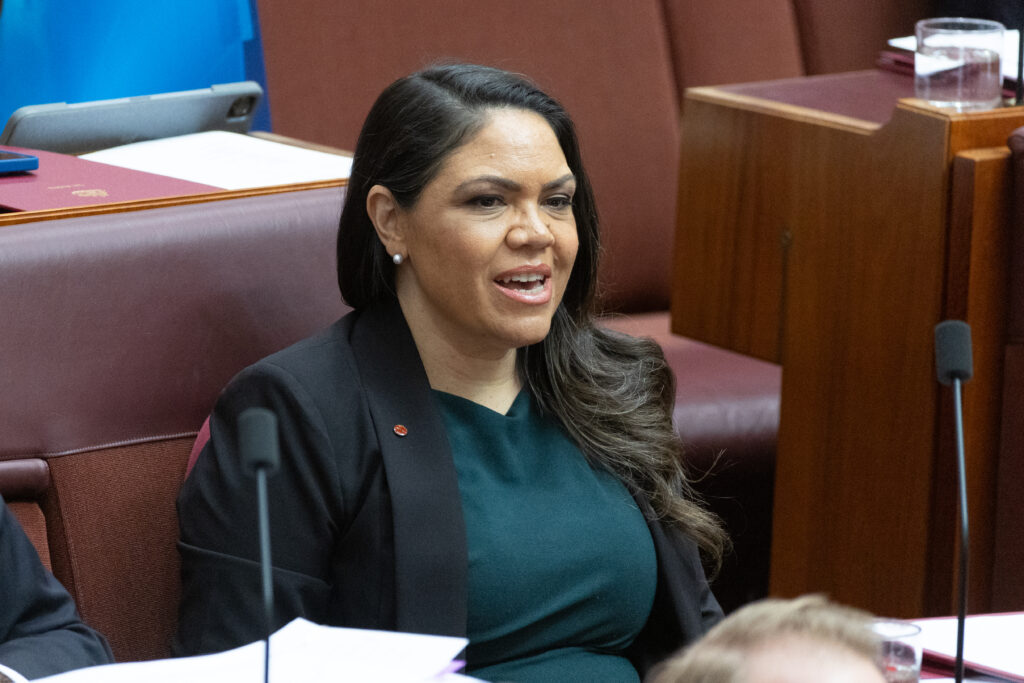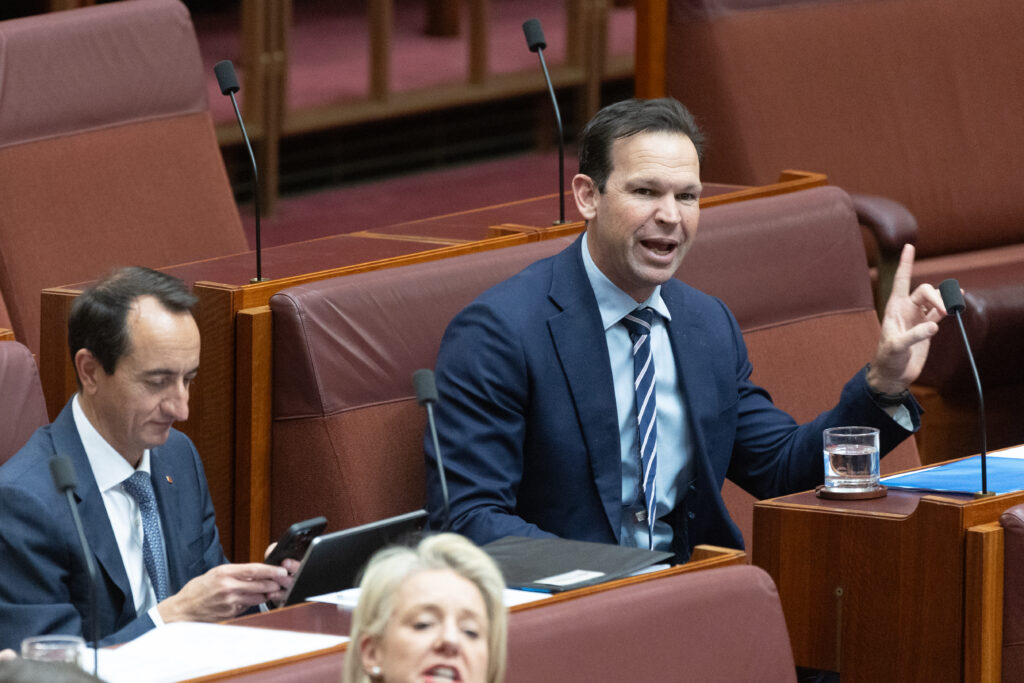Dr Frank Yuan
Postdoctoral Research Fellow
The ABC quoted this post Trump made on his social media platform Truth Social, which it said was a “barbed response”: “Please give my warmest regards to Vladimir Putin, and Kim Jong Un, as you conspire against the United States of America.” But it’s nothing new that China, Russia, and North Korea are friendly with each other, and Trump knows that.
Is it perhaps possible that, here, Trump was just being sarcastic? Of course there is geopolitical tension in the air, but not everything contributes to it all the time. Elsewhere, Trump had this to say of China’s military parade: “I thought it was very, very impressive, but I understood the reason they were doing it, and they were hoping I was watching—and I was watching.” And he immediately followed up saying “My relationship with all of them is very good.”
Trump was the first US President to meet with a leader of North Korea since the nation was created with the end of the Korean War, and it’s been less than a month since he rolled out the red carpet for Putin’s visit to Alaska. The spectacle of heads of states meeting together is just one part of international politics; a lot of it happens in the background, including the gradual shifts in countries’ economic and military strengths. So we would be better off to keep these spectacles in perspective as well.
